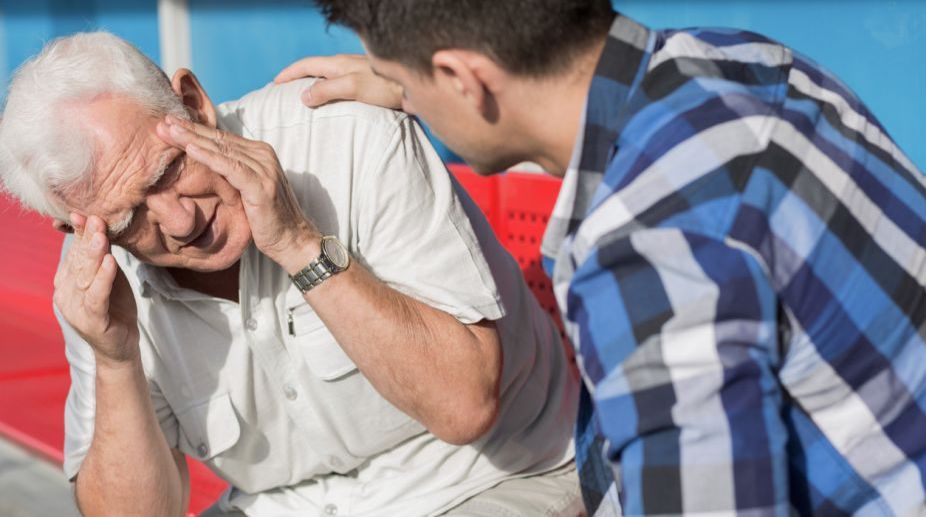Be kind. Respect the old and the aged. The signs in public places and every mode of travel and transport are quiet reminders of the age-old wisdom and tradition. There are tickets and seats reserved for senior citizens. However, reports and several studies cite rise in abuse of old people in public places and in homes.
"The abuse of older people is on the rise; for the 141 million older people worldwide this has serious individual and societal costs," says Alana Officer, Senior Health Adviser, Department of Ageing and Life Course at WHO.
Advertisement
At least one in six older people experience some form of abuse, according to a statement released by the WHO on the occasion of World Elder Abuse Awareness Day. It states that the figure is "higher than previously estimated and predicted to rise as populations age worldwide".
WHO defines elder abuse, which is still largely a taboo topic, as actions or lack of appropriate action which can cause harm or distress to an older person, occurring within any relationship where there is an expectation of trust. All types of elder abuse can have an impact on the health and wellbeing of the older person.
"Elder abuse is rarely discussed in policy circles, less prioritized for research and addressed by only a handful of organizations," notes Dr Etienne Krug, Director of the WHO Department for the Management of Noncommunicable Diseases, Disability, Violence and Injury Prevention.
The different forms of abuse include psychological, financial, neglect, physical or sexual abuse. Almost 16 per cent of people aged 60 years and older were subjected to these abuses, according to a new study supported by WHO and published in the Lancet Global Health.
"We must do much more to prevent and respond to the increasing frequency of different forms of abuse," Officer says.
The study, which draws on the available evidence from 52 studies in 28 countries from different regions, including 12 low- and middle-income countries, records the different types of abuses.
Psychological abuse – 11.6 per cent: Pychological abuse is the most pervasive and includes behaviours that harm an older person’s self-worth or wellbeing such as name calling, scaring, embarrassing, destroying property or preventing them from seeing friends and family.
Financial abuse – 6.8 per cent: Financial abuse includes illegally misusing an older person’s money, property or assets.
Neglect – 4.2 per cent: Neglect includes the failure to meet an older person’s basic needs, such as food, housing, clothing and medical care.
Physical abuse – 2.6 per cent: Neglect includes the failure to meet an older person’s basic needs, such as food, housing, clothing and medical care.
Sexual abuse recorded 0.9 per cent, according to the new study.
"Despite the frequency and the serious health consequences, elder abuse remains one of the least investigated types of violence in national surveys, and one of the least addressed in national plans to prevent violence," Officer says.
By 2050 the number of people aged 60 and over will double to reach 2 billion globally, with the vast majority of older people living in low- and middle-income countries. If the proportion of elder abuse victims remains constant, the number of people affected will increase rapidly due to population ageing, growing to 320 million victims by 2050, the WHO stated.
"Governments must protect all people from violence. We must work to shed light on this important societal challenge, understand how best to prevent it, and help put in place the measures needed," Krug says.
The United Nations General Assembly, in its Resolution 66/127, designated 15 June as World Elder Abuse Awareness Day to create awareness on the need to oppose the abuse and suffering inflicted to some of our older generations.











